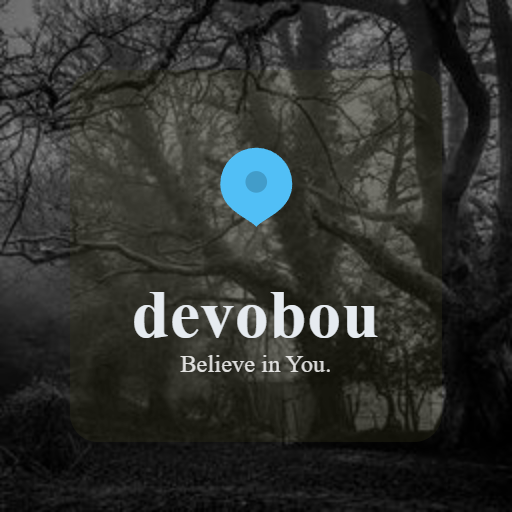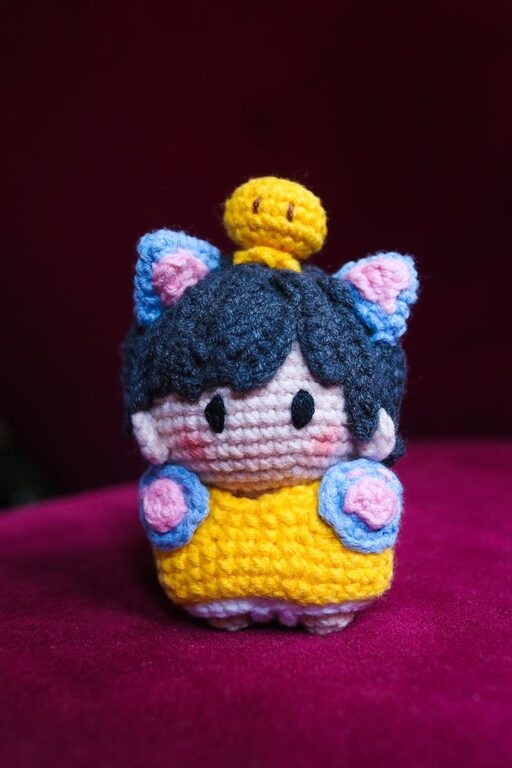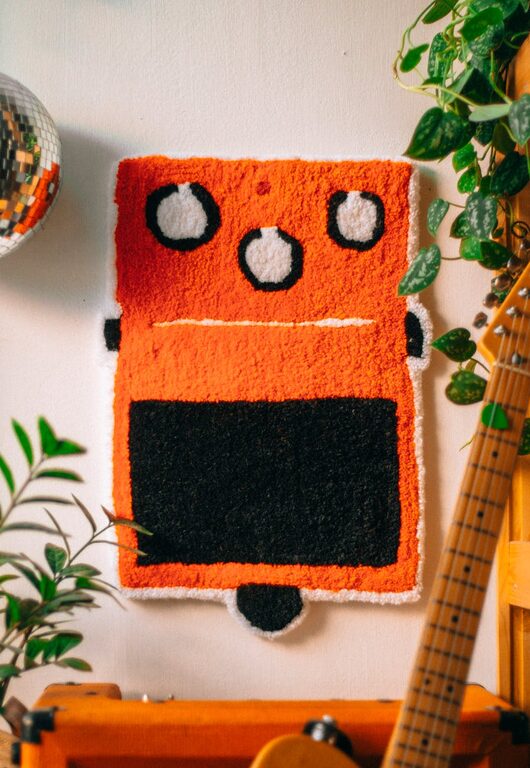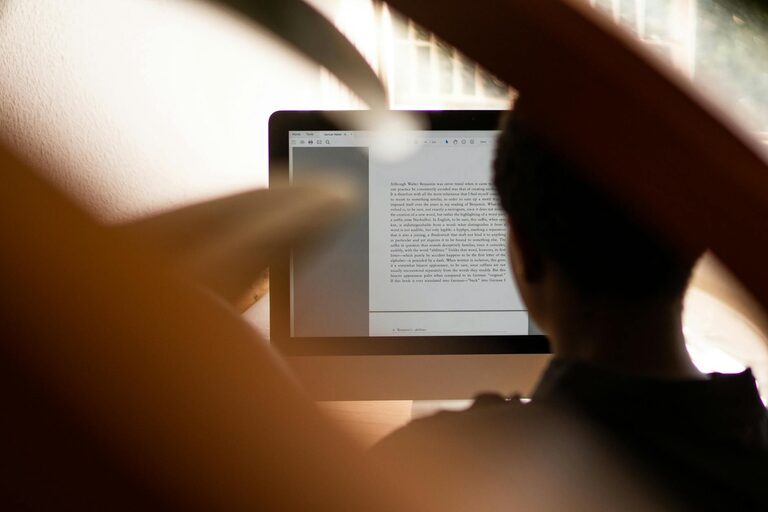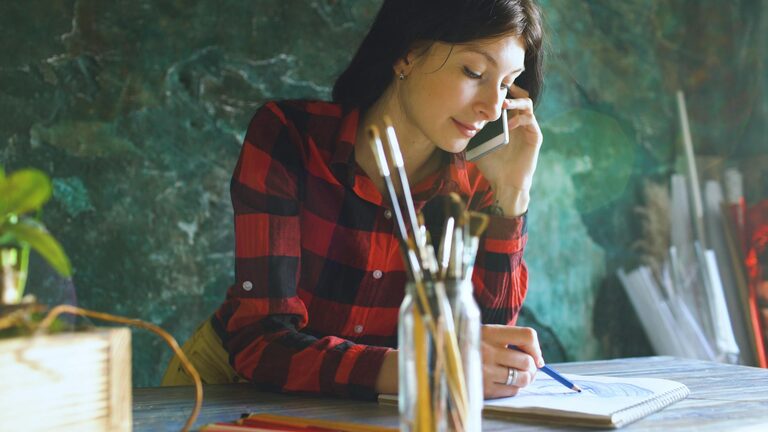
Creativity is often seen as a talent reserved for artists, writers, or designers. However, creativity is a skill that anyone can develop and nurture with consistent practice. Engaging your creative side daily not only helps you solve problems more effectively but also brings more joy and fulfillment into your life.
In this post, we’ll explore simple and practical ways you can practice creativity every day, even if you don’t consider yourself a naturally “creative” person.
Why Practice Creativity Daily?
Creativity is like a muscle—the more you use it, the stronger it becomes. When you practice creativity regularly, you:
– Enhance problem-solving skills
– Increase your ability to think outside the box
– Reduce stress by engaging in enjoyable and absorbing activities
– Boost your confidence in expressing ideas
– Bring more innovation into your work and personal life
Even small daily exercises can compound over time, leading to greater creative thinking and fresh perspectives.
Simple Ways to Practice Creativity Every Day
1. Keep a Daily Journal or Sketchbook
Writing or drawing in a journal doesn’t need to be elaborate. Spend 5-10 minutes a day jotting down your thoughts, ideas, or observations. You can also sketch something you find interesting. This practice helps your brain make connections and express ideas freely.
Tips:
– Write about your day, ideas for projects, or things you’re curious about
– Draw doodles, shapes, or anything from your imagination
– Use prompts like “What if…?” or “Today I noticed…” to get started
2. Take a Different Route or Change Your Environment
Breaking your routine can spark new ideas. Try walking a different route to work, rearranging your workspace, or visiting a new café. New sights, sounds, and experiences stimulate your brain and encourage creative thinking.
3. Set a Creativity Timer
Schedule a short block of time specifically for creative activities, once or twice daily. During this timer, work on something creative without interruptions. You might:
– Write a poem or story snippet
– Brainstorm solutions to a challenge
– Experiment with a new recipe or craft
– Practice a musical instrument
The key is to dedicate intentional time to creativity, even if it’s brief.
4. Practice Mindfulness and Observation
Mindfulness encourages you to slow down and fully engage with the present moment. By observing your surroundings carefully, you’ll notice details and patterns you might normally miss. This heightened awareness feeds your imagination.
Try sitting quietly and focusing on small things—a leaf, a cloud, a sound—and reflect on them. Write or draw your observations.
5. Collaborate and Share Ideas
Talking with others about ideas, no matter how rough, can spark creativity. Join a group, attend a workshop, or simply chat with a friend about your interests or challenges. Collaboration often leads to new insights.
6. Limit Distractions and Allow Boredom
In our busy lives, we often fill every moment with noise or screen time. Giving yourself moments of quiet and boredom allows your mind to wander, which is a natural way creativity emerges.
Try turning off your phone for short periods or spending time doing something repetitive like walking or washing dishes, noticing where your mind goes.
7. Try Something New Regularly
Stepping outside your comfort zone by picking up a new hobby, trying new foods, or learning a new skill keeps your brain flexible and open to new experiences.
8. Use Creative Prompts and Challenges
Many websites and books offer daily or weekly prompts to inspire creativity. Examples include writing a story based on a random sentence or creating art with limited colors.
These prompts give you a starting point and can push you to try ideas you wouldn’t come up with on your own.
Final Thoughts: Making Creativity a Habit
The secret to creativity isn’t waiting for inspiration to strike but building habits that nurture your creative mind every day. By incorporating small, enjoyable practices into your routine, you’ll find yourself thinking more imaginatively and feeling more engaged in your activities.
Remember, creativity isn’t about perfection or producing masterpieces—it’s about exploration, curiosity, and expression. Start small, be patient, and most importantly, have fun with it!
